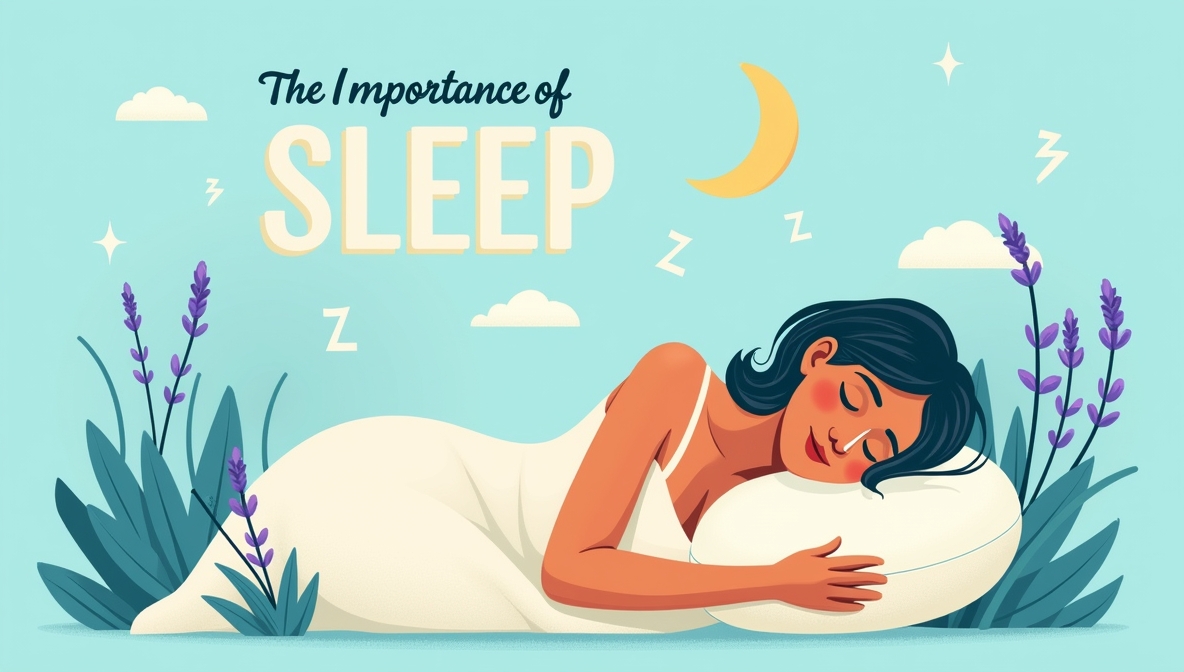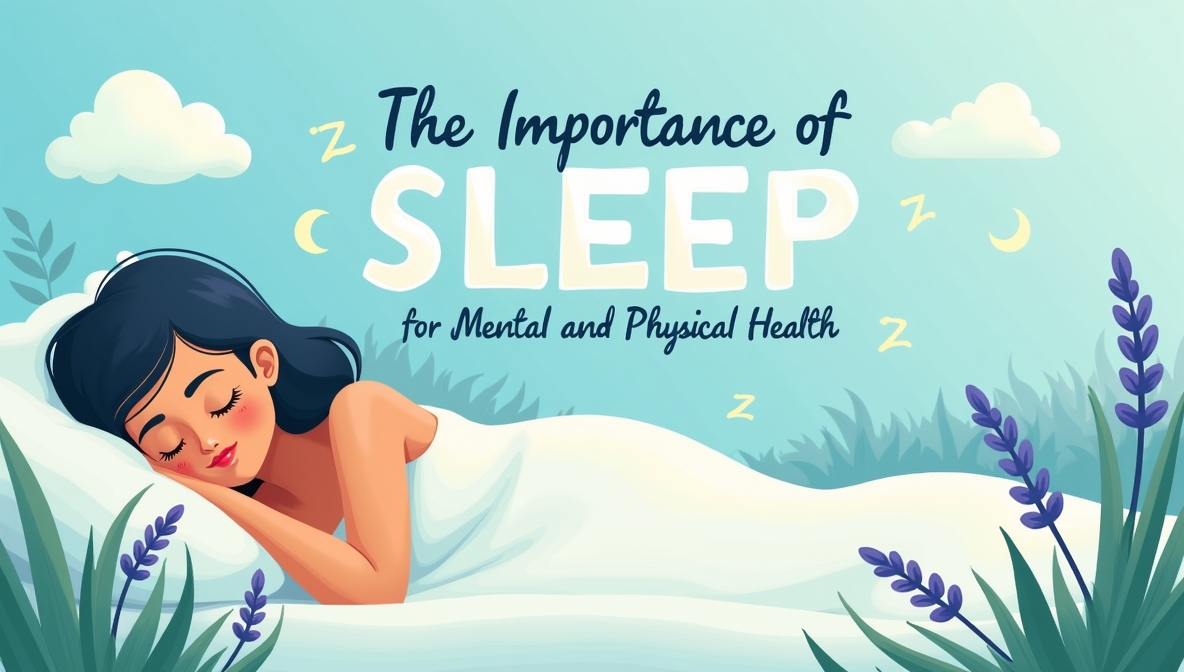Sleep is often underestimated in our busy lives. Many people sacrifice rest to work longer hours, binge-watch shows, or scroll endlessly through social media. But the truth is, getting enough quality sleep is one of the most important things you can do for your overall health. It plays a crucial role in your brain function, emotional well-being, physical health, and even your ability to fight off illness.
Sleep is not just about shutting your eyes for a few hours. It is a complex biological process where your body and mind go through various cycles to recover and repair. These cycles include deep sleep stages that help with physical restoration and REM sleep that supports memory consolidation and emotional processing. When you miss out on these stages, your body doesn’t perform at its best.
Lack of sleep affects the brain in significant ways. It can lead to difficulty concentrating, slower reaction times, poor decision-making, and memory issues. Over time, chronic sleep deprivation has been linked to mental health problems such as anxiety, depression, and mood swings. A well-rested brain is more focused, emotionally balanced, and capable of handling stress.
Your physical health also depends heavily on sleep. During sleep, your body repairs tissues, builds muscle, and strengthens your immune system. People who consistently get less than the recommended 7 to 9 hours of sleep are at a higher risk for heart disease, diabetes, high blood pressure, and obesity. Sleep helps regulate hormones that control hunger and metabolism, which is why poor sleep is often linked to weight gain.
Good sleep habits, often referred to as sleep hygiene, are essential for quality rest. Start by setting a consistent sleep schedule. Going to bed and waking up at the same time every day helps regulate your internal clock. Create a bedtime routine that signals your body it’s time to wind down. This might include activities like reading, gentle stretching, or taking a warm bath.
Avoid screens at least an hour before bed. The blue light from phones, tablets, and computers can interfere with melatonin production, a hormone that helps you fall asleep. Also, limit caffeine and heavy meals in the evening, as these can disrupt your sleep patterns. Make your sleeping environment comfortable—cool, quiet, and dark—for the best results.
Exercise is another powerful tool to improve sleep. People who engage in regular physical activity tend to fall asleep faster and enjoy deeper sleep. Just make sure to avoid intense workouts close to bedtime, as they may leave you feeling too energized to sleep.
Managing stress is also important. When your mind is racing with worries, it’s hard to fall and stay asleep. Journaling, meditation, deep breathing, or listening to calming music can all help relax your mind before bed.
In today’s fast-moving world, getting enough sleep might seem like a luxury, but it’s actually a necessity. Prioritizing your sleep is an investment in your long-term health and happiness. By adopting healthy sleep habits and making rest a non-negotiable part of your routine, you can improve your mood, boost your immune system, and perform better in every area of life.

